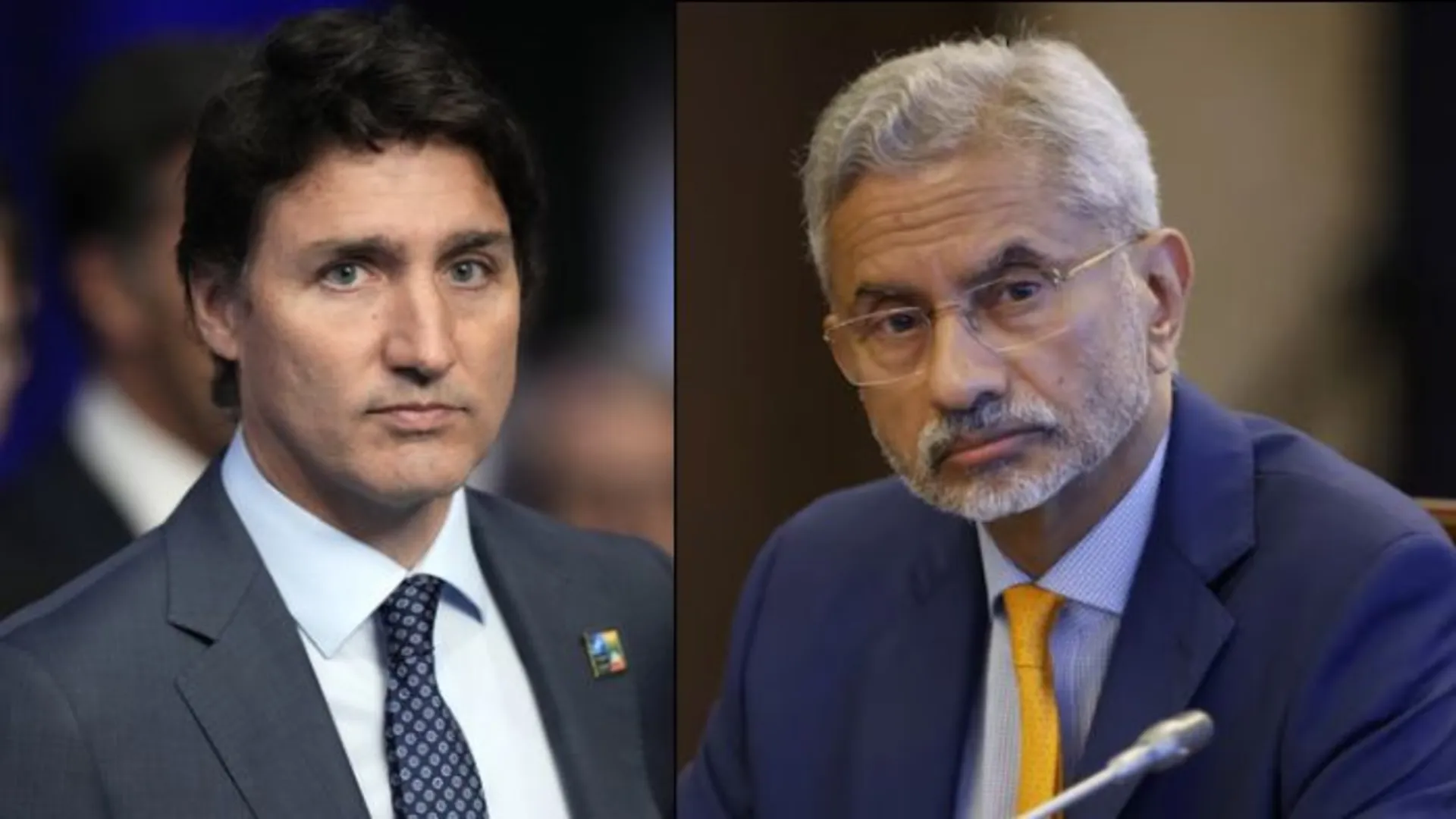India has voiced strong objections following reports that social media pages of an Australian news outlet were blocked in Canada. This occurred hours after the outlet aired a press conference featuring Indian External Affairs Minister S. Jaishankar and Australian Foreign Minister Penny Wong, along with an interview with Jaishankar. India claims that Canada’s actions reveal a double standard when it comes to freedom of speech.
During his visit to Australia, Jaishankar met with Australian Prime Minister Anthony Albanese and co-chaired the 15th Foreign Ministers’ Framework Dialogue with Wong. Addressing questions about the blocked social media handles of the outlet “Australia Today,” Ministry of External Affairs Spokesperson Randhir Jaiswal stated, “We understand that social media handles and pages of this outlet, which is an important diaspora outlet, have been blocked and are not available for viewers in Canada. This happened a few hours after this particular handle carried the press conference of the External Affairs Minister with Penny Wong.”
Jaiswal highlighted that the outlet had also published an interview with Jaishankar and other pieces covering his visit, adding, “We were surprised. It looks strange to us. But, nonetheless, these are actions that yet again highlight the hypocrisy of Canada towards freedom of speech. In his media interactions, the External Affairs Minister spoke about three things: a pattern of Canada making allegations without evidence, the surveillance of Indian diplomats – which he termed unacceptable – and the political space being given in Canada to anti-India elements. So you can draw your conclusions from that on why the Australia Today channel was blocked.”
Last week, India reported that some of its consular officials had been informed by the Canadian government of audio and video surveillance against them. India called this action a “flagrant violation” of diplomatic conventions, emphasizing that Canada could not “hide behind technicalities” to justify such surveillance, and lodged a formal protest with the Canadian government.
Additionally, Jaiswal confirmed that some consular camps in Toronto had been canceled due to a lack of security assurances from Canada. This development follows a recent attack on a Hindu temple in Brampton, where a consular camp was taking place on November 3. Prime Minister Narendra Modi also condemned the attack and criticised the “cowardly attempts” to intimidate Indian diplomats in Canada.
The relationship between India and Canada has become increasingly strained since Canadian Prime Minister Justin Trudeau alleged last year, without providing evidence, that “Indian agents” were involved in the killing of Khalistani terrorist Hardeep Singh Nijjar. India has consistently denied this allegation and has repeatedly asked Canada to present evidence to support the claim.
Also read: SC Declines Transfer of Kolkata Doctor’s Rape-Murder Case Despite Plea, Awaits CBI Update
Tensions escalated further last month when the Indian High Commissioner was labeled a “person of interest” in the killing. India dismissed this accusation as “ludicrous” and responded by withdrawing the High Commissioner and several diplomats, while also expelling six Canadian officials, including Canada’s acting High Commissioner Stewart Ross Wheeler.























